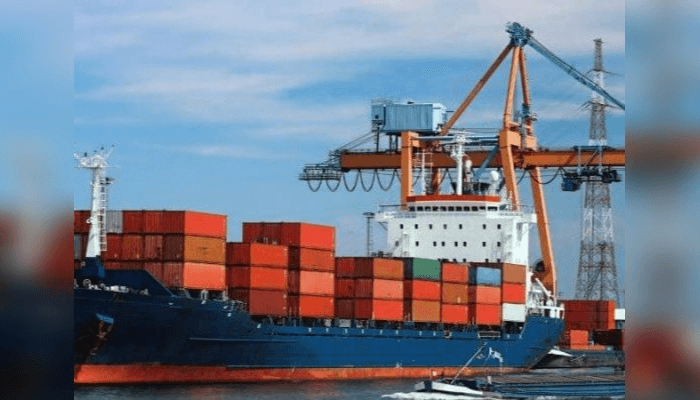Clearing agents and stakeholders in Nigeria’s maritime industry have expressed satisfaction with the impact of the electronic call-up system introduced by Trucks Transit Parks Limited (TTP) in helping to ease congestion at the Apapa Port corridor. For years, the Apapa axis in Lagos had been synonymous with heavy gridlock, with trucks and tankers causing long traffic delays, disrupting business activities, and costing the economy billions of naira annually. However, industry players now say that the digital traffic management platform has significantly improved truck movement and reduced bottlenecks.
The TTP initiative, commonly referred to as the ETO system, was introduced to regulate truck access to the ports and bring an end to the chaotic traffic situation that had plagued the area. Before its adoption, Apapa was notorious for traffic jams that stretched for kilometers, often leaving trucks stranded for days before gaining access to the terminals. The system allows truckers to book electronically for entry slots, thereby eliminating the old practice of indiscriminate parking on major roads and creating a more transparent process.

According to agents, the electronic call-up has improved operational efficiency at the ports by ensuring only scheduled trucks are allowed entry, reducing congestion and turnaround time. They also noted that it has drastically cut down on illegal payments and extortion by touts and some security operatives who previously exploited the manual system.
Maritime operators explained that the Apapa gridlock used to increase the cost of doing business in Nigeria, as importers paid heavily for demurrage, delayed cargo clearance, and lost man-hours. Exporters also suffered significant losses due to missed shipment deadlines. With the improvement brought by TTP, stakeholders say costs are gradually reducing, while confidence in the system is being restored.
One clearing agent pointed out that the ETO platform has created a level playing field for truck operators. In the past, those who could pay bribes or pull strings often had an advantage in accessing the port. Now, with the technology-driven system, every truck has to follow the same procedure, which he said has enhanced fairness and accountability.
Industry unions also applauded the initiative, noting that although challenges remain, the level of traffic congestion has reduced compared to what it was before the electronic system was deployed. They stressed that the partnership between TTP, the Nigerian Ports Authority (NPA), and security agencies has been critical in ensuring the smooth functioning of the platform.
However, some stakeholders highlighted areas needing further improvement. They pointed to issues such as occasional system downtime, poor road infrastructure around the ports, and pockets of resistance from truckers not fully compliant with the digital booking process. According to them, the solution would be more sustainable if the government invested in rehabilitating access roads and expanding holding bays to complement the work of TTP.
TTP has on its part assured that it is continuously upgrading the ETO platform to address technical glitches and improve user experience. The company also emphasized that its long-term goal is to ensure efficient cargo evacuation, reduce environmental impact from truck emissions, and make Nigeria’s ports more competitive in West Africa.
The Nigerian Ports Authority, which supervises port operations, has also pledged to strengthen its collaboration with TTP to sustain the gains recorded so far. Officials have maintained that the electronic call-up system is non-negotiable, as returning to the old ways of manual traffic control would only reintroduce corruption, delays, and inefficiencies.
For traders and manufacturers who rely on imports and exports through Apapa, the improvements in traffic flow have been a welcome relief. They noted that shorter cargo evacuation timelines mean they can now plan their businesses better and reduce operational losses. Exporters, particularly those in agriculture, have said the reduced waiting time helps preserve the quality of perishable goods awaiting shipment.
Observers believe that if fully optimised, the ETO system could serve as a model for managing traffic at other port corridors in Nigeria, including Tin Can Island and the Onne Port in Rivers State. With Nigeria seeking to expand its non-oil exports and increase trade competitiveness under the African Continental Free Trade Area (AfCFTA), improving logistics and port efficiency remains a national priority.
For now, clearing agents and other stakeholders are unanimous in their verdict that the intervention by Trucks Transit Parks has brought measurable improvements to the Apapa port corridor. While challenges of infrastructure and system efficiency persist, they insist that the digital call-up has proven to be a step in the right direction toward modernising Nigeria’s port operations and easing one of the country’s most pressing urban traffic nightmares.
Support InfoStride News' Credible Journalism: Only credible journalism can guarantee a fair, accountable and transparent society, including democracy and government. It involves a lot of efforts and money. We need your support. Click here to Donate
